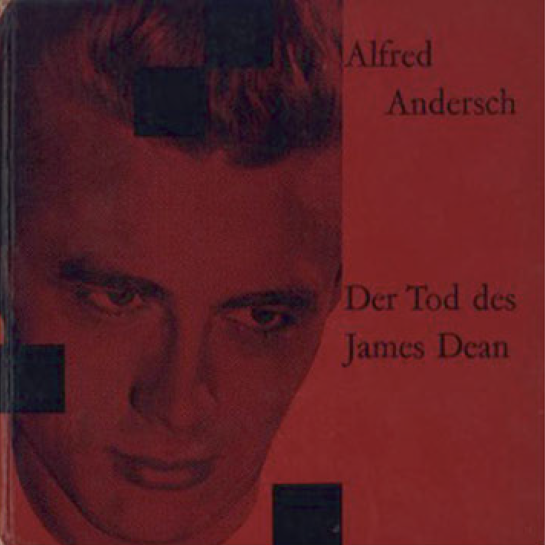(English version below)

De eerstvolgende WOLEC-sessie vindt plaats op dinsdag 15 oktober van 12:00 tot ten laatste 13:30 in 5C03. Spreker Iana Nikitenko (VUB) zal een lezing geven met als titel: “Youth Culture and Identity in Post-War German Radio Plays”.
Iana Nikitenko is als doctoraal onderzoeker verbonden aan het Centre for Literary and Intermedial Crossings, Vrije Universiteit Brussel. Ze maakt deel uit van het project “Radiobiografieën. Vernieuwingen in genre en medium (1945-2020)” (FWO), waar ze focust op Engelse en Duitse radioproducties. Haar onderzoeksinteresses zijn literatuur- en mediastudies, life writing, en radiostudies.
De voertaal is het Engels. Een broodjeslunch wordt voorzien. We vragen u om uw aanwezigheid ten laatste tegen 10 oktober via deze link te bevestigen. Voor meer informatie over WOLEC, klik hier.
Hopelijk tot dan!
*****
The next WOLEC session will take place on Tuesday 15 October from 12:00 till 13:30 in room 5C03. Iana Nikitenko (VUB) will give a lecture titled: “Youth Culture and Identity in Post-War German Radio Plays”.
Iana Nikitenko is a PhD fellow at the Centre for Literary and Intermedial Crossings, Vrije Universiteit Brussel. She works on the FWO-funded project “Radiobiographies. Innovations in Genre and Medium (1945-2020)”, focusing on English and German radio productions. Her research interests include literary and media studies, life writing and radio studies.
The lecture will be held in English. A sandwich lunch will be provided. We ask you to confirm your presence via this link by 10 October. For more information about WOLEC, click here.
We hope to see you there!

Abstract
This presentation delves into two significant German radio plays from the post-World War II era: Wolfgang Borchert’s Draußen vor der Tür (1947) and Alfred Andersch’s Der Tod des James Dean (1959), which encapsulate the disquiet and rebellion of post-war youth culture, both in Germany and around the world during its transformative recovery. Placing these radio plays in the broader context of European identity and societal reintegration, the study examines how they reflect the collective disillusionment and evolving consciousness of a young generation. Draußen vor der Tür follows the story of Beckmann, a soldier returning from war, grappling with the challenges of re-assimilating into a society burdened by existential crises. This radio play reflects the collective struggle to come to terms with the devastating impact of the war, vocalizing the inner conflicts of a generation that had previously remained largely silent. Der Tod des James Dean marks a pivotal shift towards a global youth rebellion. Through a rich tapestry of literary and journalistic references, Andersch portrays James Dean as an emblematic figure of insurgency, connecting America’s Beat Generation to Germany’s emergent Halbstarken subculture. This radio play provides a multifaceted exploration of the complexities of youth in a late-capitalist world characterized by alienation and defiance. By utilizing a combination of (audio)narratological analysis and sociocultural context exploration, this study aims to deepen our understanding of the widening generational gap and its impact on youth behavior during the volatile post-war years. It invites us to re-examine the role of European youth in shaping post-war society and to extend our understanding of how radio drama captured the zeitgeist of this transformative period.
